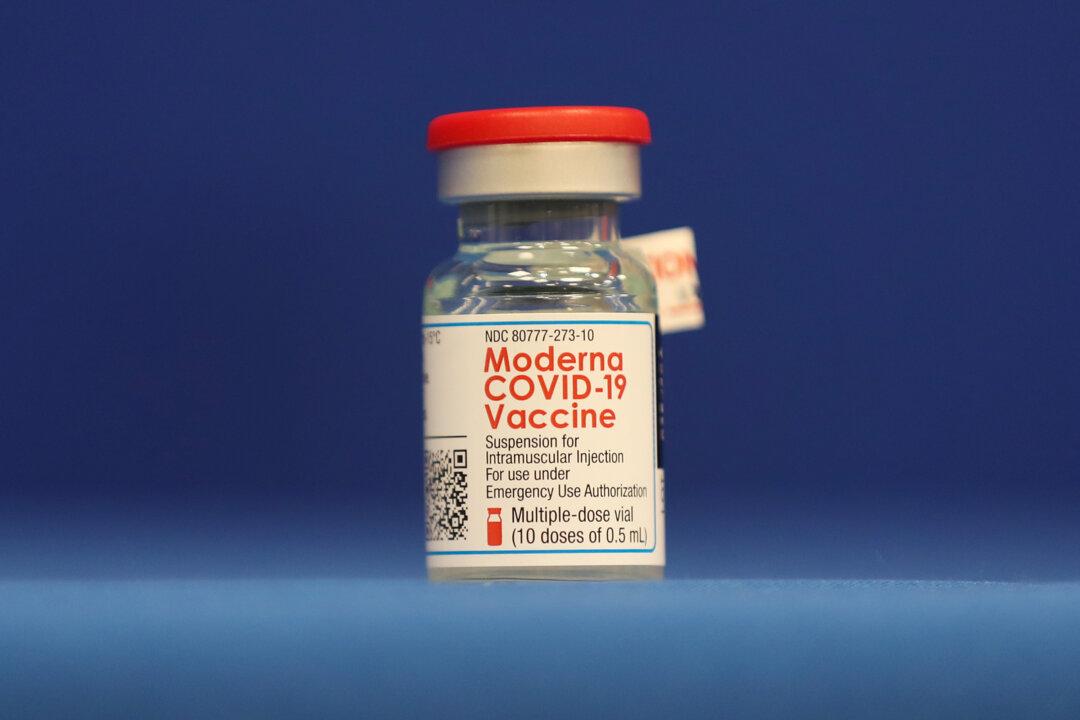A health care worker in Oregon was hospitalized this week after suffering a severe allergic reaction to Moderna’s COVID-19 vaccine.
The worker is employed by Wallowa Memorial Hospital. The worker, who was not identified, is recovering at a hospital after experiencing the reaction, or anaphylaxis, the Oregon Health Authority said in a statement.





